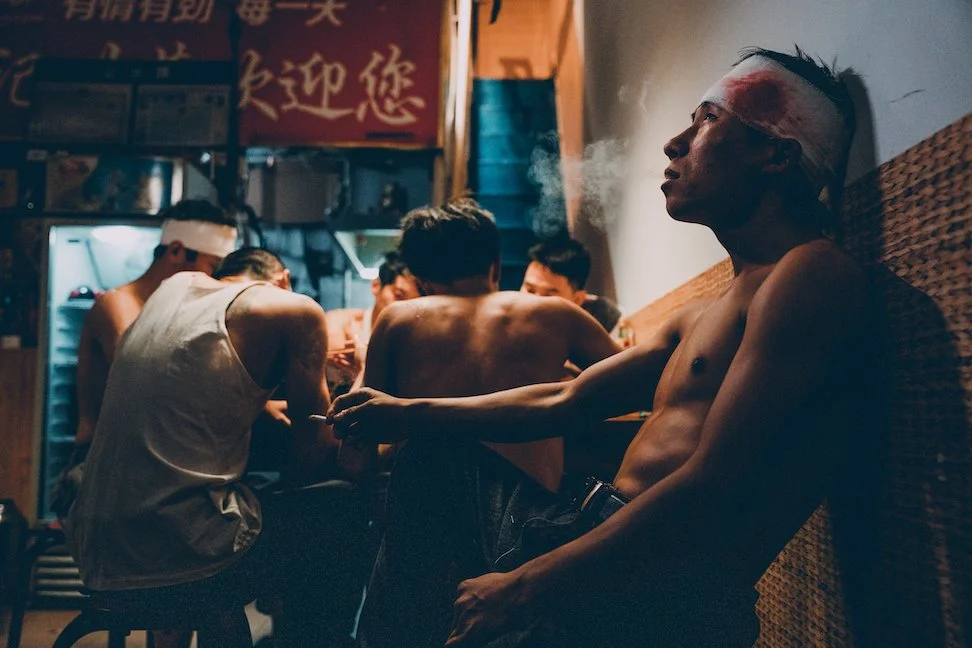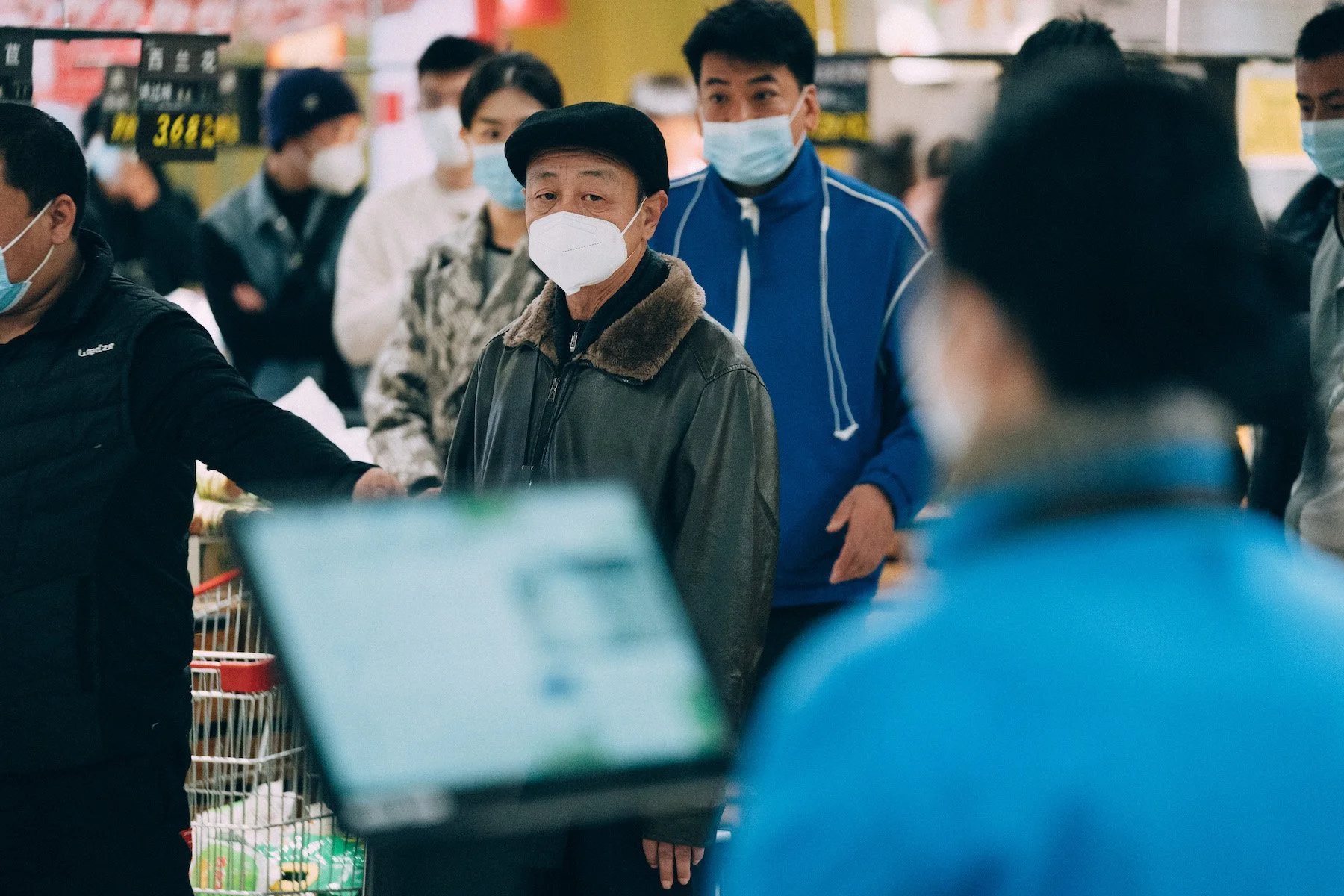Stuck in Time
Jia Zhangke gonna Jia Zhangke.
Caught by the Tides
Director: Jia Zhangke • Writers: Wan Jiahuan, Jia Zhangke
Starring: Zhao Tao, Li Zhubin, Pan Jianlin, Zhou Lan
China • 1hr 51mins
Opens Hong Kong Dec 5 • IIA
Grade: C+
I imagine director Jia Zhangke’s path to Caught by the Tides | 風流一代 went something like this:
Jia, to himself: There’s COVID out there and I’m bored. I know, I’ll collect all the footage from my old films and create a new masterpiece about the march of time and the impact of progress on China. I’m sure there’s more Three Gorges Dam video around here somewhere. Oh, look, two hours of stuff… Now let’s just get some music…
“Hello, Cannes?”
I don’t mean to sound petty (yes I do) but over the course of a 20-odd year career Jia has made exactly two films. Nihilistic neo-noir thrillers like A Touch of Sin and Ash is the Purest White, or elegiac meditations on China in transition like Platform, The World, Still Life and 24 City. That’s not necessarily a bad thing; it’s a through-line that ties his body of work together and gives him a singular voice. And he’s not alone in this; Martin Scorsese’s only made one. But Caught by the Tides doesn’t say as much as Jia thinks it does, despite the general praise that’s been heaped on it. Cobbled together from a couple of decades of old material and then brought up to present with what boils down to pick-up shots, Jia’s fashioned a (very, very, very) loose narrative about Qiao Qiao (Zhao Tao, Mrs Jia) and her relationship with a budding talent manager and/or gangster, Bin (discount Leslie Cheung, Li Zhubin). Essentially it’s about a dude who went out for smokes one night and never came back to his girlfriend and her lifelong search for him. And oh yah, you betcha: Tides was in competition at Cannes in 2024.
The “story” starts in Datong, in 2001 – when China joins the WTO – where working-class Qiao Qiao is hustling her ass off singing at a grim looking, refurbished dance hall, modelling middling product at middling malls, and hostessing, her manager-boyfriend Bin lurking on the sidelines. One day he tells her he’s leaving Datong to make his fortune elsewhere, promising to send for her when he’s settled. This exchange is the’s film’s most exasperatingly repetitive, and Jia at his most self-indulgent. The next time we see Qiao Qiao she’s in Fengjie in 2006, looking for Bin and touring the villages and sites on the Yangtze that have been destroyed by the construction of the massive hydroelectric project (a favourite bugbear of Jia’s and the subject of Still Life and the doc Dong) and heading south. Tides then jumps to 2011, with Bin getting into all kinds of shady real estate shit with some corrupt politicians and a low level mobster, Brother Pan (Pan Jianlin) – who has a boyfriend Zhou (Zhou Lan), but not really. He dodges Qiao Qiao for most of the time she’s around, and they seem to go their separate ways, he to Zhuhai. Finally the film comes full circle back to COVID-era Datong, with a much older Bin back in town and Qiao Qiao working in a grocery store. They reunite, but it’s hardly the happy ending to a 20-year courtship.
For anyone not vibing with the more experimental, less narrative side of Jia on display here Caught by the Tides is going to get on your very last nerve; there’s a slightly tired feel to the material, something Jia has rarely been. How many more times can he possibly dip into this well? Tides meanders without any sense of destination, rendering the fringe creative choices that inadvertently grab your attention its most interesting elements – and which don’t include recycled images shot by Jia and Ann Hui regular Yu Lik-wai, and Olivier Assayas favourite and Ash DOP Éric Gautier. The mix of Chinese patriotic classic songs, techno in the saddest disco in the world, pop, rock and Sino rap is a highlight and an elegant way of signposting where we are in history as well as a kind of sadness, and maybe rage, at the unspoken damage wrought by rapid change. Throwaway moments symbolise China’s new market forces and social order; Qiao Qiao has to combat an attempted shakedown with a taser. She does this silently, as the character is wordless throughout the film, unitl finally uttering a single bark of freedom from Bin in their last meeting. That’s where the movie is; in the story of a woman beaten down by time and a fruitless romantic pursuit not even she understands, and in Zhao’s silently expressive eyes and increasingly withdrawn body language. But there’s no room for the dam in that.



